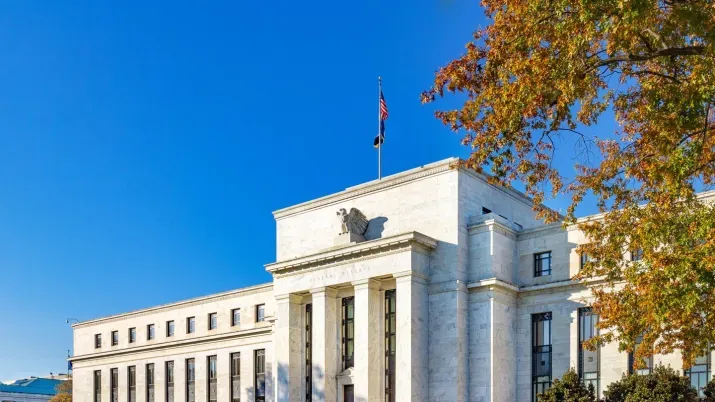
AT1 issuance off to a strong start
Issuers in corporate credit have started this year on the front foot, capitalising on the current supportive market conditions and front loading their funding plans in anticipation of higher funding needs from the hyperscalers in the US, among other factors.

Decoding Warsh’s Fed balance sheet plans is far from simple
As Jerome Powell enters his final months at the helm of the Federal Reserve (Fed), market participants have been busy analysing the past speeches of his nominated replacement, Kevin Warsh, with the aim of forming a view as to how his hand is likely to be played.

Credit in a volatile world - slow and steady wins the race
The month of January has been a very eventful one for markets, mostly courtesy of geopolitical events, ranging from the capture of Venezuela’s sitting president and arguably culminating in Mark Carney’s speech at Davos.

Oracle clears the supply cloud with record demand
Oracle returned to the bond market yesterday, just five months after its $18 billion September jumbo deal, finally removing the cloud of uncertainty around supply that has hung over the credit.

FX volatility running high
Foreign exchange markets have taken centre stage again in recent weeks. President Trump’s apparent indifference to the relatively steep dollar depreciation trend of late has raised a few eyebrows and added fuel to the dollar fire.

Navigating 2026 risks with short-dated credit
2026 is already shaping up to be another volatile year for geopolitics, economies and markets. But one pocket stands out as a key beneficiary of the present backdrop.

Webinar replay: The Federal Reserve explained
Recent developments involving Federal Reserve (Fed) Chair Jerome Powell have raised fresh questions around central bank independence, the politicisation of monetary policy, and the future of Fed leadership, particularly with his term as Chair due to expire in May 2026.

Why last year’s correlation shock is not the new normal
One of the many unusual developments in financial markets last year was the decoupling between German Bunds and other safe haven G7 government bonds, most notably US Treasuries. Since the inception of the euro, it’s been quite a rare event that Bunds and Treasuries move in opposite directions for sustained periods of time.

Premium today, par tomorrow
2026 has started with a wave of hybrid issuance, with names like Enel and Telefonica leading the charge in a busy primary market. On 12 January, with markets firmly open despite geopolitical headlines, Telefonica proactively managed its outstanding hybrid maturities by announcing a tender offer for its three shortest outstanding hybrids, alongside the issuance of two new euro-denominated green hybrid bonds.

The changing role of government bonds
After a week that saw 10-year Japanese government bonds (JGBs) hit yields not seen since the late 1990’s (and record highs for 30-year and 40-year maturities), alongside one of the most interesting Davos conferences in years, which was held in the shadow of the latest push by President Trump to “acquire” Greenland, it is helpful to take stock of where this leaves the global geopolitical landscape and financial markets.

Flash Fixed Income: The Fed independence premium
For global bond investors, predictable central bank activities are an important component of long-term strategy. But the Trump administration’s unprecedented pressure on the Fed, including a criminal probe of Chair Jerome Powell, is driving investor fears about the independence of the world’s most important central bank and the reliability of monetary policy.

Credit technical to remain strong
This week we have seen the continuation of a remarkably strong technical in the credit markets. At the time when S&P 500 index was selling off by nearly 2% on the day, while government bonds were also in the red, spreads in Additional Tier 1s (AT1s), which always represent a higher beta product in the corporate bond universe, were barely changed.
